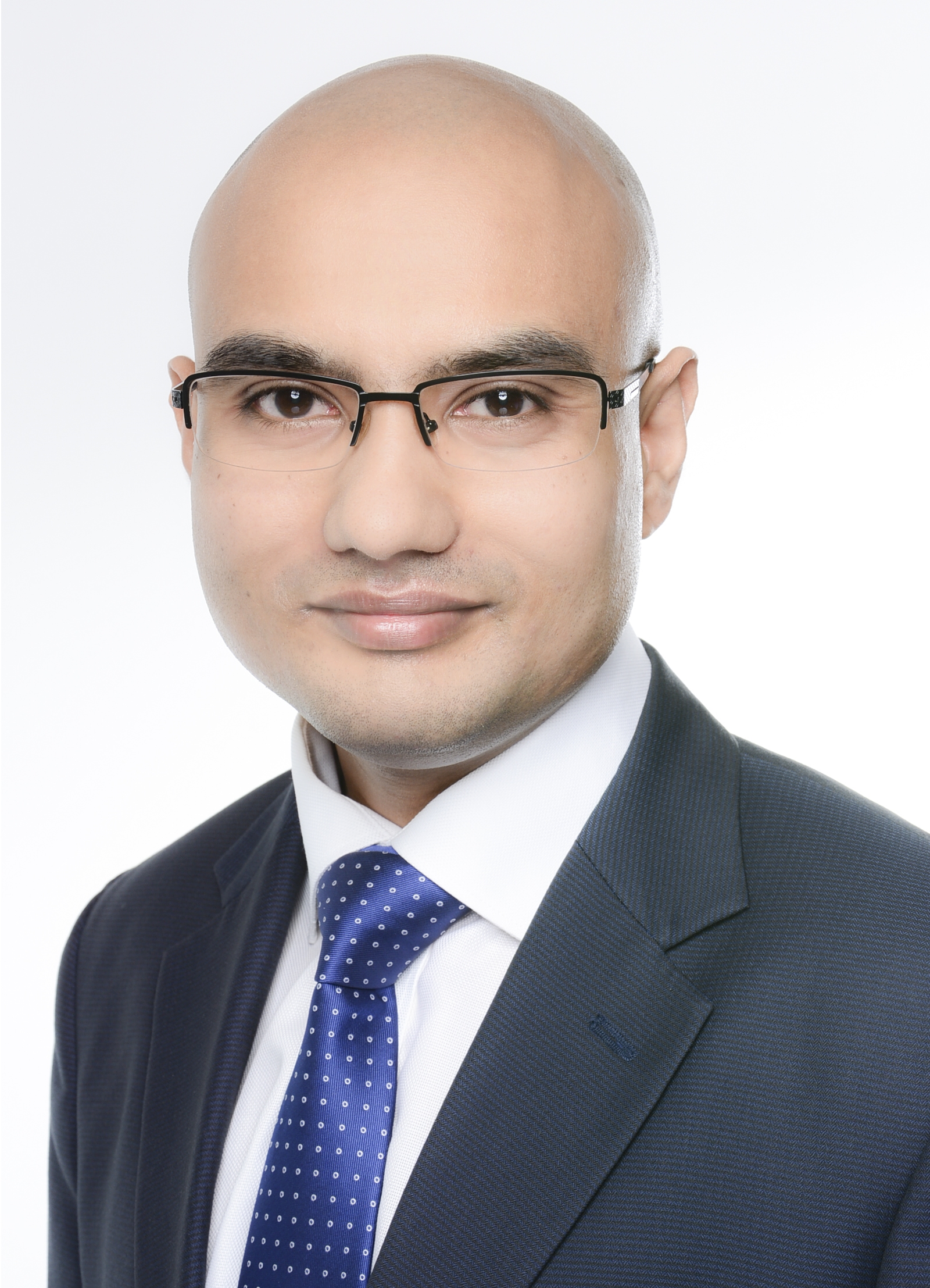


 |
Email:
|
souvik.kusari@upjs.sk |
|
Homepage:
|
https://www.upjs.sk/PF/zamestnanec/souvik.kusari | |
|
Faculty:
|
PF UPJŠ
-
Pavol Jozef Šafárik University in Košice, Faculty of Science
|
|
|
Department:
|
ÚBEV
-
Institute of Biology and Ecology
|
|
|
Office:
|
211(Ma23-NK) | |
|
Phone:
|
+421 55 234 2301 | |
|
ORCID ID:
|
https://orcid.org/0000-0002-4685-0794 |
|
Overview of the responsibility for
the delivery, development and quality assurance of the study programme or its part
at the university in the current academic year
|
|
Study programme: ÚBEV/EB1/99 - Evolutionary Biology - The Chemistry of Microbial Evolution, study field: GMCm (Genetics and Molecular Cytology), Botany and Plant Physiology, Zoology and Animal
Physiology, Masters degree
|
|
Profile courses
|
|
ÚBEV/EB1/99 - Evolutionary Biology - The Chemistry of Microbial Evolution - GMCm (Genetics and Molecular Cytology), Masters degree
|
|
Selected publications
|
|
Mahmoud, F.M.; Kusari, S.; Kublik, S.; Benning, S.; Siani, R.; Zühlke, S.; Radl, V.; Mahnkopp-Dirks, F.; Schloter, M. (2023). Draft genome sequence of the bacterial endophyte Priestia megaterium B1, isolated from roots of apple (Malus domestica). Microbiology Resource Announcements, 12, e01172-22.
|
|
Li, G.*; Lin, P.; Wang, K.; Gu, C.C.; Kusari, S.* (2022). Artificial intelligence-guided discovery of anticancer lead compounds from plants and associated microorganisms. Trends in Cancer, 8, 65-80. *Corresponding author.
|
|
Armin, R.; Zühlke, S.; Mahnkopp-Dirks, F.; Winkelmann, T.; Kusari, S.* (2021). Evaluation of apple root-associated endophytic Streptomyces pulveraceus strain ES16 by an OSMAC-assisted metabolomics approach. Frontiers in Sustainable Food Systems, 5, 643225. *Corresponding author.
|
|
Eckelmann, D.; Spiteller, M.; Kusari, S.* (2018). Spatial-temporal profiling of prodiginines and serratamolides produced by endophytic Serratia marcescens harbored in Maytenus serrata. Scientific Reports (Nature), 8, 5283. *Corresponding author.
|
|
Eckelmann, D.#; Kusari, S.#,*; Spiteller, M. (2018). Stable isotope labeling of prodiginines and serratamolides produced by Serratia marcescens directly on agar and simultaneous visualization by MALDI-imaging-HRMS. Analytical Chemistry, 90, 13167-13172. #Joint first authors/equal contributions; *Corresponding author.
|
|
Kusari, S.; Tatsimo, S. J. N.; Zühlke, S.; Spiteller, M. (2016). Synthetic origin of tramadol in the environment. Angewandte Chemie International Edition, 55, 240-243; Angewandte Chemie, 128, 248-251.
|
|
Li, G.; Kusari, S.*; Golz, C.; Laatsch, H.; Strohmann, C.; Spiteller, M.* (2017). Epigenetic modulation of endophytic Eupenicillium sp. LG41 by a histone deacetylase inhibitor for production of decalin-containing compounds. Journal of Natural Products, 80, 983-988. *Corresponding author.
|
|
Selected projects
|
|
Overcoming replant disease by applying an integrated approach (ORDIAmur): microbial interactions for plant exudates and secondary metabolites. Phase II.
|
|
Phytochem: Cultivation of plant containing bioactive ingredients and their possible usage for cosmetic products.
|
|
Overcoming replant disease by applying an integrated approach (ORDIAmur): MALDI-MSI of root exudates and their interaction with microbes. Phase I.
|
|
Welcome to Africa: Bioprospecting for new antibacterial and anti-inflammatory lead compounds from plants and endophytic fungi.
|
|
International mobilities and visits
|
|
Egerton University, Kenya, Africa, 2017-2019, Deputy Project Leader, BMBF/DAAD Project Phytochem and Visiting Lecturer; Grant funded
within Germany’s Africa strategy "Africa Bioeconomy"
|
|
Department of Plant Sciences, University of Oxford, United Kingdom, 2013-2014; 2016/2017, Postdoctoral Researcher; Academic Visitor
|
|
University of Yaoundé I, Cameroon, Africa, 2012-2014, Co-PI, BMBF/DAAD Project "Welcome to Africa" and Visiting Lecturer
|
|
University of Agricultural Sciences (UAS), Bangalore, India, 2007-2009, Participating Scientist; Grant funded by German Federal Ministry of Education and
Research (BMBF), Germany and Department of Biotechnology (DBT), India
|
|
Center of Applied Spectroscopy, Faculty of Chemistry and Chemical Engineering, University
of Maribor, Maribor, Slovenia, July 2009, International Summer School for HPLC application
|
|
Center of Applied Spectroscopy, Faculty of Technology, Novi Sad, Serbia, July 2007, International Summer School for GC-MS application
|
|
Awards
|
|
|
Other
|
|
|
Interesting links
|
|
https://www.upjs.sk/prirodovedecka-fakulta/en/actuality/novy-profesor-posilni-vyskum-a-vyucbu-biologie/
|
